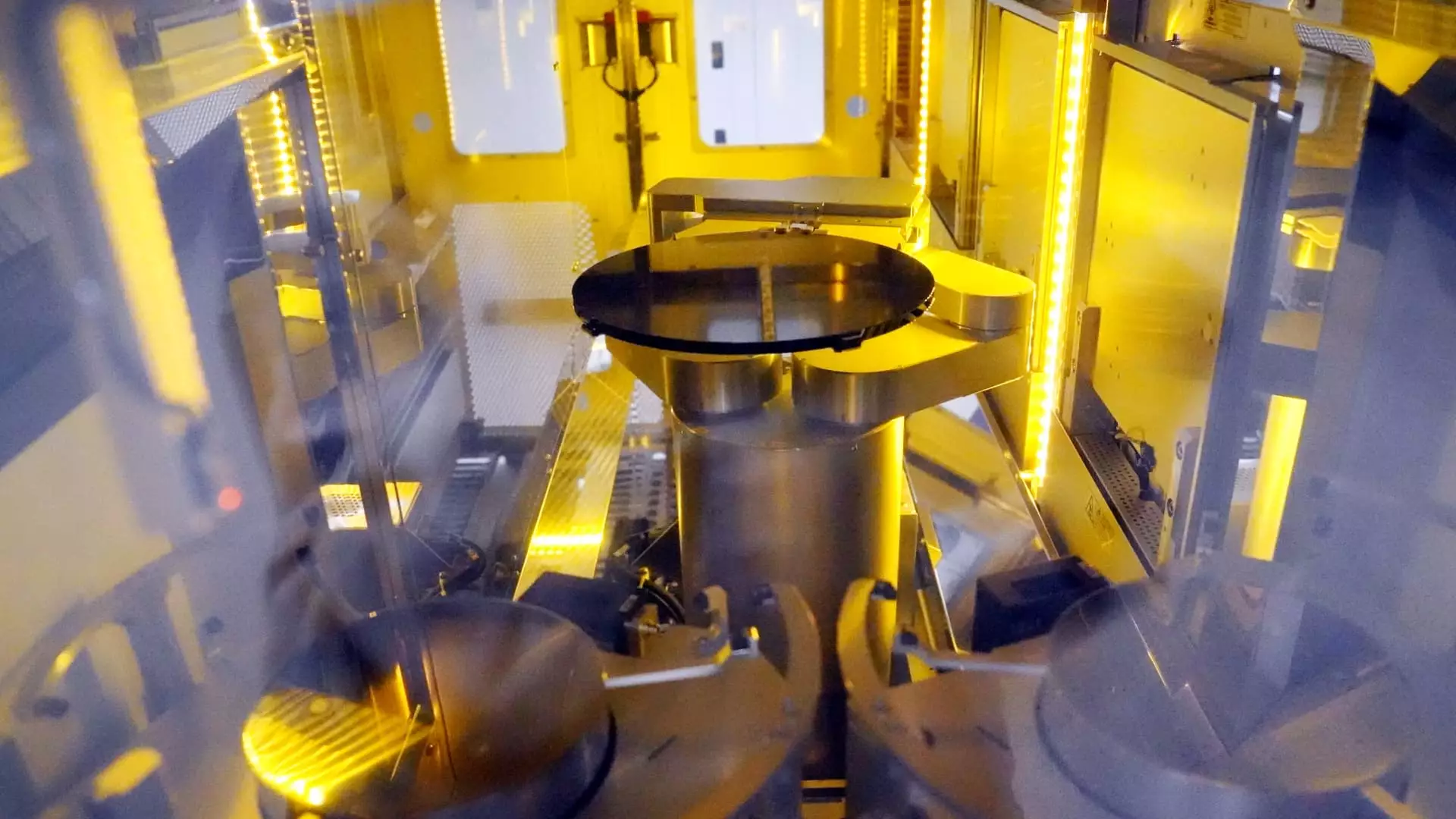With the semiconductor industry experiencing a surge in demand and increased funding from governmental acts like the CHIPS and Science Act, the competition for skilled workers has intensified. Studies suggest that by 2030, the U.S. chips industry could be facing a shortage of 67,000 technicians, computer scientists, and engineers, with the broader U.S. economy potentially having a gap of 1.4 million such workers. This looming talent crunch is further exacerbated by the growth of generative artificial intelligence, making the semiconductor sector even more essential and in demand.
To address the talent shortage, companies like GlobalFoundries, one of the world’s leading chipmakers, are implementing innovative recruitment strategies. GlobalFoundries has widened its recruitment pool by targeting veteran candidates, participants from its workforce reentry program, and women in construction. Additionally, the company launched a registered apprenticeship program, offering full-time paid positions with training at no cost. This program aims to attract individuals with a high school diploma or equivalent and an interest in the mechanical field, providing a pathway to a career in the semiconductor industry.
In response to the escalating demand for skilled workers, GlobalFoundries is actively working to fill hundreds of positions globally and hires thousands of employees annually. The company’s Chief People Officer, Pradheepa Raman, emphasized the importance of workforce development efforts to meet industry demands. Raman highlighted the company’s aggressive approach to talent acquisition, focusing on cross-training and identifying alternative talent pools to fill critical roles in the semiconductor sector.
GlobalFoundries prioritizes training and retaining its existing workforce to address the talent shortage. Employees like Morgan Woods, who transitioned from a technician to a training and development analyst role, exemplify the company’s commitment to career growth opportunities. Woods emphasized the need for compliance as the company expands into new sectors like automotive, stressing the importance of adequately trained staff to support the increasing demand for microchips.
To attract and retain talent, GlobalFoundries introduced a benefit that provides eligible employees and new hires with tax-free assistance toward student debt repayment. This initiative has been well-received, with over 200 applicants showing interest in the program. Employees like Woods see this benefit as a means to improve their financial stability and plan for future milestones like homeownership and starting a family.
Funding from the CHIPS and Science Act is expected to bolster the growth of manufacturing fabs in New York and Vermont, creating new job opportunities in the semiconductor industry. GlobalFoundries’ planned expansion, supported by $1.5 billion in CHIPS funding, aims to generate 1,500 manufacturing jobs and 9,000 construction jobs over the project’s lifespan. By investing in workforce development and offering competitive benefits, GlobalFoundries seeks to position itself as a top employer in the semiconductor industry.
The semiconductor industry is navigating a talent crisis amid increasing demand and technological advancements. Companies like GlobalFoundries are taking proactive steps to address the talent shortage by implementing innovative recruitment strategies, providing advancement opportunities for employees, and offering attractive benefits to retain skilled workers. By investing in workforce development and leveraging funding from governmental acts, the semiconductor sector aims to close the skills gap and sustain its growth in the face of evolving market demands.

